All in the Name of an Application
September 25, 2022
The college application process poses a series of frightening and complex questions: who am I? What makes me unique? What makes me desirable in the eyes of an institution? I have spent hours attempting to compress a four-dimensional existence into two. But rather than accepting the process as a necessary period of emotional exhaustion and self-deprecation, I want to challenge the machine that is the college industry. The mold of the student who does not exist, yet so many aspire to be. The idea that we must submit to the mercy of the admission gods, whatever that may entail.
Students are faced with, most notably, the expectation of academic excellence. The seemingly unachievable trifecta of “perfect” test scores, transcript, and extracurriculars that create the inevitable — The Resume Builder. The Resume Builder seeks opportunities not primarily because they are enjoyable, pique their interest, or positively impact their community, but because they look good on paper. I characterize these students not by their work ethic or values, but as a product of the system’s relentless push towards individual success. We are not asked to work together or to learn from one another. What’s important is that we stand out; that we obtain the highest test scores and GPA, and that we engage in a slew of impressive activities. The culture of resume-building not only creates an unduly competitive classroom environment, but also causes substantial harm in school communities and society at large.
What happens once we are accepted to a school? Is there no longer a desire to do good? If throughout our education our actions are incentivized with cords, awards, and the ability to pile things onto a resume, what happens when others are no longer keeping track? If we are not rewarded for our community contributions, why dedicate the time at all? I don’t believe these mindsets exist because we’re inherently uninterested in helping others and having an impact. Rather, we’ve been taught to be extrinsically motivated.
The competitive mindset may well create appealing college applicants. I’m sure admissions officers drool over leadership positions and entrepreneurial endeavors. But, past the resumes and the applications, what does the college-preparation routine teach us? Are we creating students who ignite change, who are dedicated to and passionate about what they do? Or are we creating students who do as much as they can—as fast as they can—to a point where they’re burnt out and exhausted? To a point where community organizing and service work become part of the mechanics of self-promotion rather than a lifelong dedication?
Education has become transactional—all that we put in return to us in tangible ways: awards, acceptances, job offers. We don’t value the intangible— a broader understanding of the world, critical thinking skills, and curiosity. We don’t value passion or motivation unless they can be somehow numerically proven. The college industry has skewed our understanding of education. High school is treated as a stepping stone to success rather than four years of growth and exploration.
The obsession with tangible achievement is a profitable industry. Before even getting into college, families are expected to spend thousands on SATs, ACTs, and APs. The College Board reported over $1.1 billion in revenue in 2019 alone. Affluent students can pay college advisors for insight and hands-on help throughout the application process. Extracurriculars, textbooks, standardized tests, application fees, and pre-college summer programs—all costly components of a college industry that exploits students even before they’re exposed to the sticker-shock of U.S. higher education. The industry is simultaneously fueling and profiting off the hysteria.
Ironically, affluent students with the resources to take full advantage of the college industry are those least in need of help. The admissions process is riddled with biases. Harvard’s class of 2022 reported to be over 36% legacy. The 2011 Economics of Education Review found that children of alumni had a 45% greater chance of admission among the top 30 colleges. Students coming from private schools have an overwhelming advantage; Princeton reported that ⅔ of their American Rhodes scholars attended private high schools. These statistics are testament to the disproportionate advantages of wealthy white students. Testament to the fact that applicants can be undeniably “deserving” of admission and still be overshadowed by factors out of their control. To tear ourselves apart over an unjust, deeply flawed process is ridiculous—especially given that the outcome does not guarantee happiness and may saddle us with a lifetime of debt.
Getting into college says less about the intelligence or curiosity of a student, and more about their ability to play by the arbitrary rules of an unjust system—one in which socio-economic status and race are significant determinants of success, and students are mere statistics. Colleges boast that they promote individuality, but entrance is conditioned on demonstrating conformity. We can be creative and original thinkers, but only if we’ve done everything else that’s been asked of us. We must be expectable and digestible and loud, but never too controversial. We must aspire to be change-makers, as long as we don’t try to change the social, economic, and political structures on which the institutions of higher education depend.
I am still a victim of the resume-building mentality, fearful that my 17 years on earth will be perceived as inadequate. I often feel guilty for the days I move slowly and take my time. And I know I am not alone. But this mode of thought fuels and feeds the college beast. Generations before us have perpetuated the bureaucracy. We can be the ones to recognize the inanity of it all.
Education is important not because it dictates our futures, but because it gives us the chance to develop and feed our curiosities. We should resist devoting so much of our childhood in the pursuit of college admissions—a system that is unjust, and not nearly as determinative as we’re told. We should use these years to explore, to discover what we’re passionate about, and to do what moves us.
The generations that came before us may have had remarkable resumes, but they have proven ill-equipped to address the economic, environmental, and public health perils that afflict us. If we direct our energies toward critical thinking and collective action, instead of competitive CV-building, I believe we can succeed where they have failed.

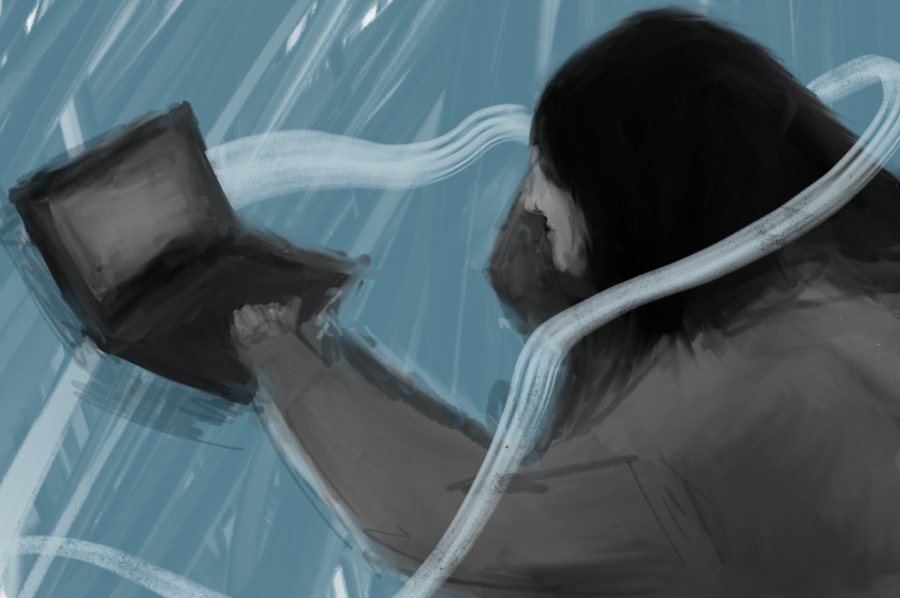
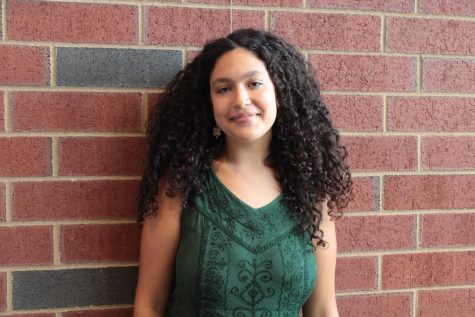
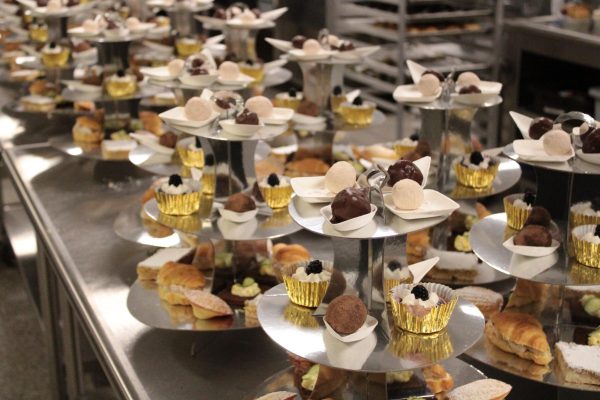

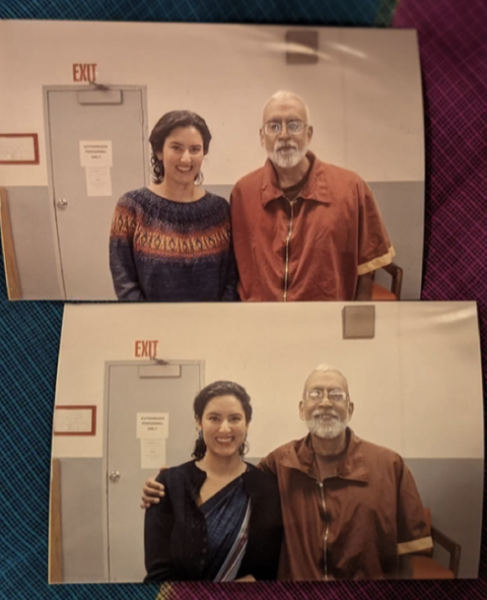
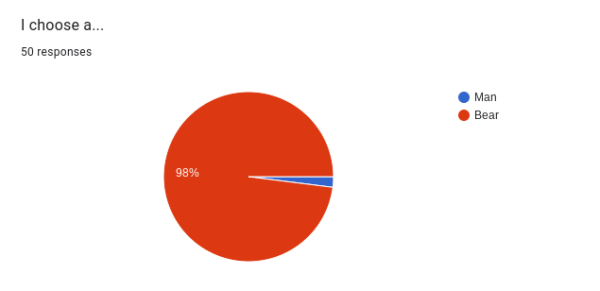

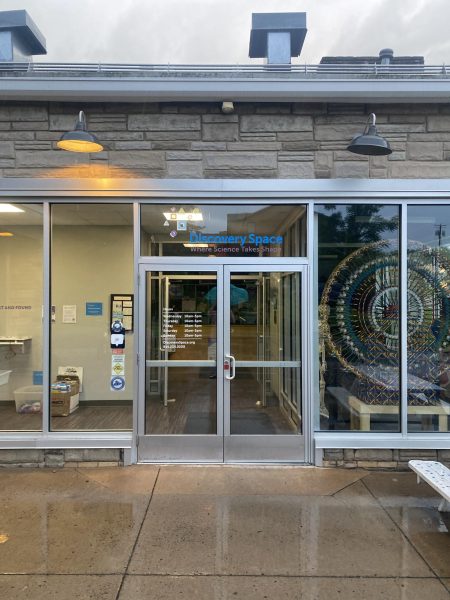
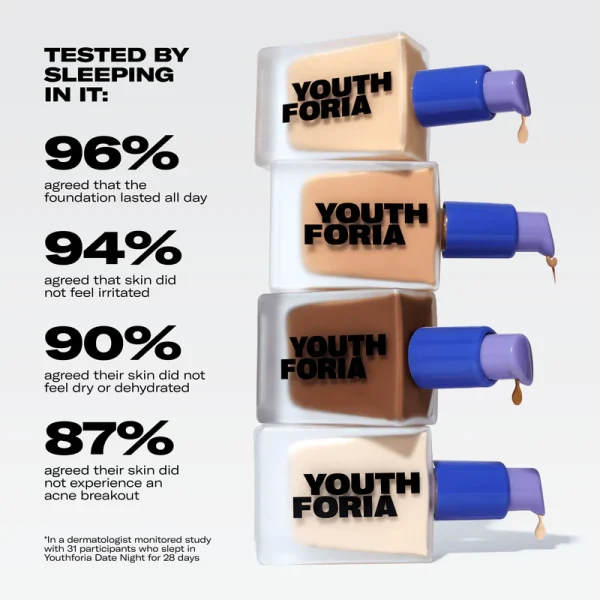
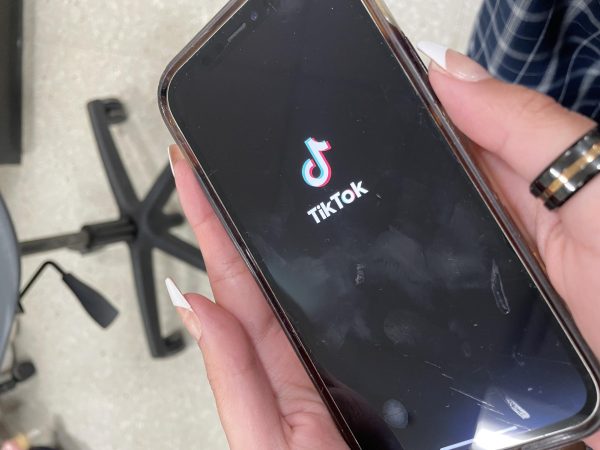


Rashi • Oct 26, 2022 at 9:16 AM
Painfully true! The school industry to the service of the hands Industry. Questioning have no place in such a society.
Adrienne Pilon • Oct 26, 2022 at 9:06 AM
As a college counselor and writing coach, I can attest that this piece is spot-on. Terrific essay.